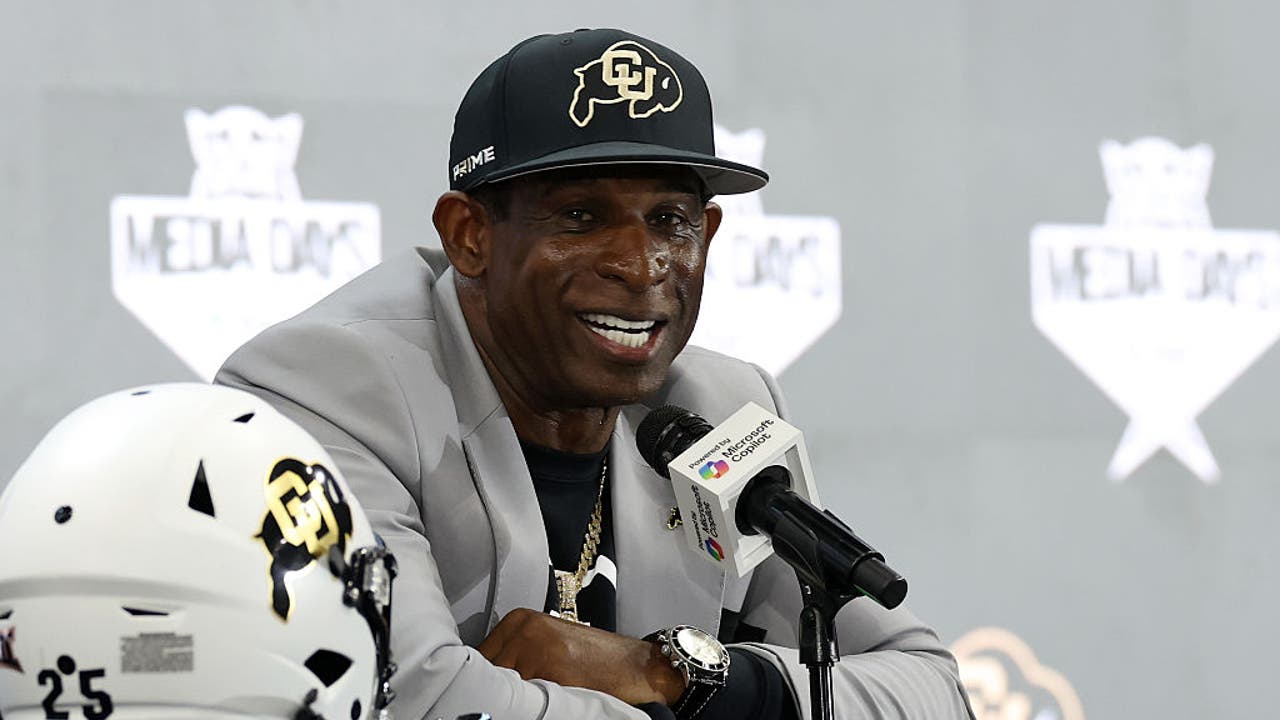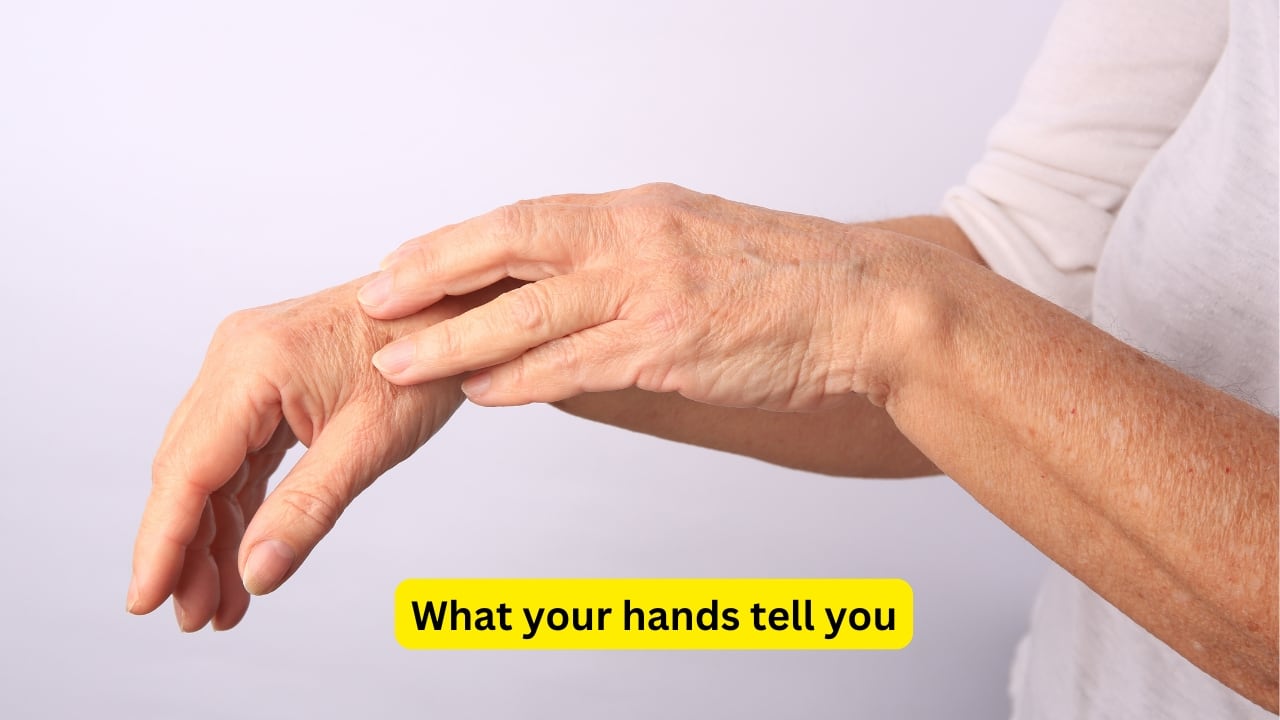Pedro Pascal's Kind Gestures Spark Debate: Genuine Support or Crossing a Line?
2025-07-25

Newsweek
Pedro Pascal, the beloved actor known for his roles in *The Last of Us* and *The Mandalorian*, has found himself at the centre of a heated online discussion. His frequent displays of affection and supportive gestures towards his co-stars, particularly Bella Ramsey and Ariel Winter, have ignited a debate: are these acts of genuine kindness and camaraderie, or do they veer into inappropriate territory?
The debate began gaining traction following Pascal's appearances alongside Ramsey during *The Last of Us* press tour. Instances of him gently placing a hand on her back, offering comforting hugs, and shielding her from intrusive questions were widely shared online. While many fans lauded Pascal's protective and supportive nature, others questioned the appropriateness of these actions, especially given the age differences and the public nature of the interactions.
This discussion isn't entirely new. Pascal has a reputation for being incredibly warm and caring on set, often going above and beyond to ensure his co-stars feel comfortable and supported. His interactions with Ariel Winter, for example, have been similarly praised and scrutinised. He's known to offer encouragement, provide emotional support, and create a positive working environment. However, the increasing scrutiny online has prompted a wider conversation about boundaries, parasocial relationships, and the impact of social media on our perceptions of celebrity interactions.
The core of the debate revolves around intent versus perception. Pascal consistently maintains that his actions are driven by a genuine desire to support and protect his co-stars. He has spoken openly about the importance of creating a safe and inclusive atmosphere on set, and his gestures can be seen as an extension of that philosophy. Yet, the public eye is unforgiving, and the line between supportive and intrusive can be easily blurred, especially in the age of constant social media documentation.
Experts in social media and celebrity culture weigh in, highlighting the complexities of parasocial relationships – the one-sided emotional bonds that fans develop with celebrities. While these relationships can be positive, they can also lead to misinterpretations and unrealistic expectations. The constant stream of information about celebrities’ lives online can create a distorted view of their behaviour, making it easier to jump to conclusions and fuel speculation.
Ultimately, the question of whether Pascal’s gestures are appropriate or overstepping remains a matter of personal opinion. There’s no easy answer, as perspectives vary based on individual values and experiences. However, the debate serves as a valuable reminder of the importance of empathy, understanding, and critical thinking when interpreting celebrity interactions, especially in the digital age. It also underscores the need for celebrities to be mindful of their public image and the potential impact of their actions on their fans. The conversation is likely to continue, fueled by ongoing media coverage and social media discussions, prompting further reflection on the boundaries of professional relationships and the complexities of public perception.
As Pascal continues to captivate audiences with his acting prowess and genuine charm, it will be interesting to see how this debate evolves and whether it influences his future interactions with his co-stars. One thing is certain: his kindness and generosity are undeniable, even if their interpretation remains a subject of ongoing discussion.






